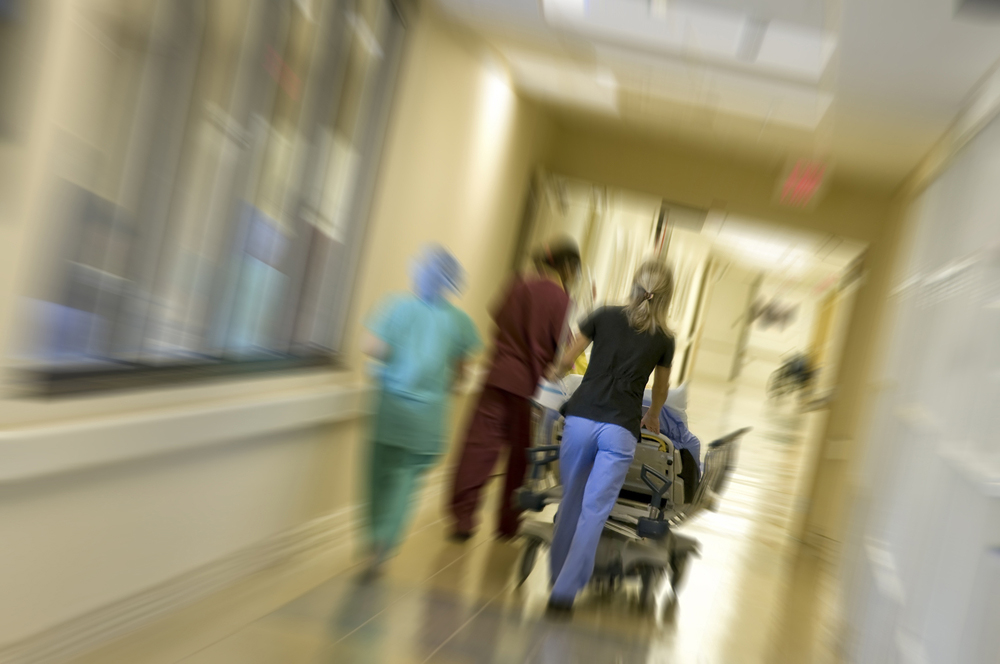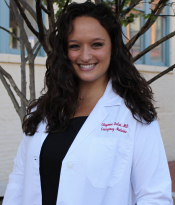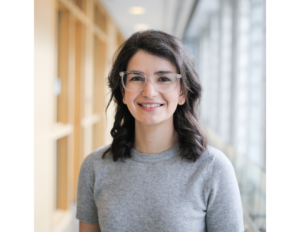Be notified of future courses: Early notification list
See also our Complex Procedures in EM course.
Imagine it's 3 a.m. and a stab wound victim arrives. Your last thoracotomy was years ago. The trauma surgeon is 45 minutes away. Do you feel ready?
This course offers hands-on training in life-saving procedures in a controlled environment.
With a 2:1 participant-to-cadaver ratio, emergency providers will practice critical procedures on human cadavers to maintain essential skills.
Participant Ratios:
Click here for procedure videos and lectures

| Welcome and Review of Objectives |
| Lateral canthotomy |
| Facial nerve blocks |
| Cricothyrotomy |
| Endotracheal intubation |
| Central venous access |
| Tube thoracostomy |
| Arthrocentesis |
| Thoracotomy |
| Pericardiocentesis |

Dr. Moayedi has been teaching invasive medical procedures in the cadaver lab since 2004. He has authored multiple text book chapters about procedure education and has lectured internationally on the topic. He has served on the American Academy of Emergency Medicine Education committee for many years, creating and implementing the very popular Small Group Sessions during their annual scientific assembly. He is an Associate Editor for the upcoming 8th edition of the Roberts and Hedges EM procedures textbook.

Dr. Abraham is an Associate Professor of Emergency Medicine at the University of Maryland School of Medicine. He completed his residency in Emergency Medicine at the University of Maryland Medical Center in 2008 and subsequently graduated from ACEP's Teaching Fellowship. He has lectured nationally and internationally on multiple emergency medicine topics. He serves as the Chairman of Emergency Medicine at Mercy Medical Center.

Dr. Bontempo is a Professor of Emergency Medicine at the University of Maryland School of Medicie. She received her medical degree from Northwestern University in 1994 and subsequently completed an emergency medicine residency at Northwestern Memorial Hospital. She spent 5 years at Harvard University as the Associate Emergency Medicine Program Director and then was recruited to Yale University to become the Emergency Medicine Program Director, a position she held for 7 years. Dr. Bontempo completed a master’s degree in education with a concentration in health professional education at the University of Illinois Urbana-Champaign. She has received teaching awards in emergency medicine from Harvard, Yale and Northwestern Universities. Dr. Bontempo is published in multiple emergency medicine textbooks and has lectured nationally in the areas of cardiology and otolaryngology.

Dr. Falat serves as EM faculty at the University of Maryland School of Medicine and Assistant Medical Director of the Adult Emergency Department at the University of Maryland Medical Center. Dr. Falat attending medical school at the Icahn School of Medicine at Mount Sinai, and completed her Emergency Medicine residency, chief residency, and Faculty Development Fellowship at the University of Maryland. She has a passion for environmental medicine, procedural education, and patient safety and flow. She serves as a section editor and author for Corependium's Environmental Disorders, has guest-edited the recent Emergency Medicine Clinics edition on Environmental and Wilderness Medicine, and lectures on both environmental and procedural topics at multiple national conferences every year. She also serves as a course instructor for University of Maryland's Critical Procedures, Complex Procedures, and Essential Procedures in Emergency Medicine courses.

Dr. Lowie is an Assistant Professor of Emergency Medicine at the University of Maryland School of Medicine. She completed her residency in Emergency Medicine at the University of Maryland Medical Center (2022) where she also served as Chief Resident. She completed her Academic Emergency Medicine and Faculty Development Fellowship in 2023. She currently works clinicaly at the University of Maryland Medical Center Midtown Campus and her interests include medical education, simulation, and infectious disease.

Dr. Miller is an Assistant Professor of Emergency Medicine at the University of Maryland School of Medicine. She is a proud Baltimore City native. She attended medical school at the University of Maryland School of Medicine, then completed her residency and Faculty Development Fellowship at the University of Maryland in the Department of Emergency Medicine. She works clinically in Baltimore City at Mercy Medical Center. She has an academic interest in providing safety net primary care in the ED.

Dr. Spangler is an Assistant Professor of Emergency Medicine at the University of Maryland School of Medicine. He is a graduate of Temple University School of Medicine (2011) and the University of Maryland Emergency Medicine Residency Program (2014). He has completed a Faculty Development Fellowship (2015) and the ACEP Teaching Fellowship (2016). His academic interests focus on renal and genitourinary emergencies, procedural education, and medical student education. He currently serves as the Director of Undergraduate Medical Eduction for the Department of Emergency Medicine, and leads a preclinical coures, "multisystem" winin the medical school.
Registration Cost: $1,365
Please click here to view a full list of our area hotels.
Click here for a map of the campus, including available parking garages.
Click here for additional parking information.
Cancellation and Rescheduling Policy
Cancellations will be accepted 30 days prior to the conference date, and tuition will be refunded less a $40 administrative fee unless the registration can be transferred. A request to reschedule your participation for a future course (based on space and availability) will be accepted one time, and only if made 30 days prior to the conference date at no additional cost. No cancellations or rescheduling will be accepted within 29 days of the conference date, but you may transfer your registration to another provider if you are unable to attend (at no additional cost).
CME Information
Target Audience
The target audience for this event includes physicians, residents, NPs, PAs in the field of emergency medicine.
Course Objectives
The objectives for each procedure include learning the indications, contraindications, equipment, technique, complications, sites, post procedure follow up and pearls needed to perform the procedures competently. Ultimately these emergency medicine procedures will be practiced in a controlled setting on human cadavers. The list of procedures covered in the curriculum is as follows:
If you require special accommodations to attend or participate in this CME activity, please provide information about your requirements at least five business days in advance of the activity.
The cost of your CME certificate is included in your registration fee. All participants are required to sign in for each event and complete the applicable post-conference and/or workshop survey(s) before a certificate will be issued.
Lateral Canthotomy
Retrograde Intubation
Cricothyrotomy
Tube Thoracostomy
Pigtail Chest Tube
Resuscitative Thoractomy
Perimortem C-Section
Perimortem C-Section with CPR
Central Line
Knee Arthrocentesis
Wrist Arthocentesis
Pericardiocentesis
Suprapubic Catheterization
Infraorbital Nerve Block
Supraorbital Nerve Block
Great Auricular & Lesser Occiptal Nerve Blocks
